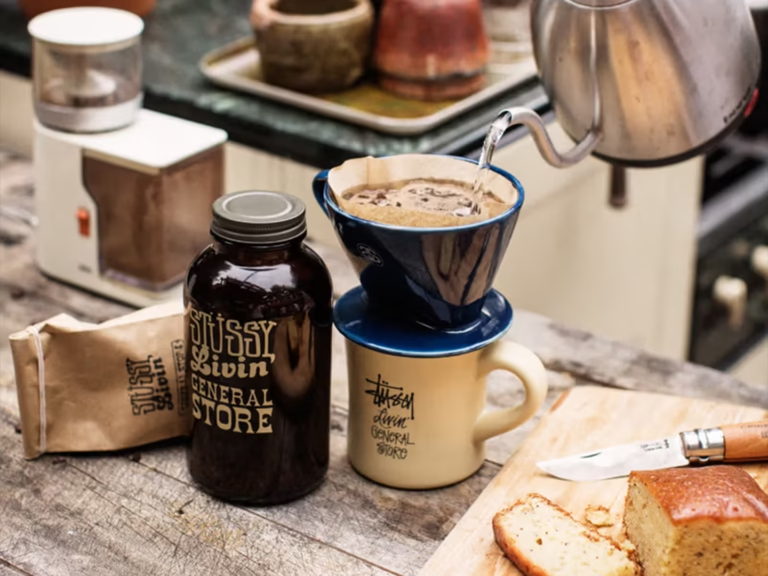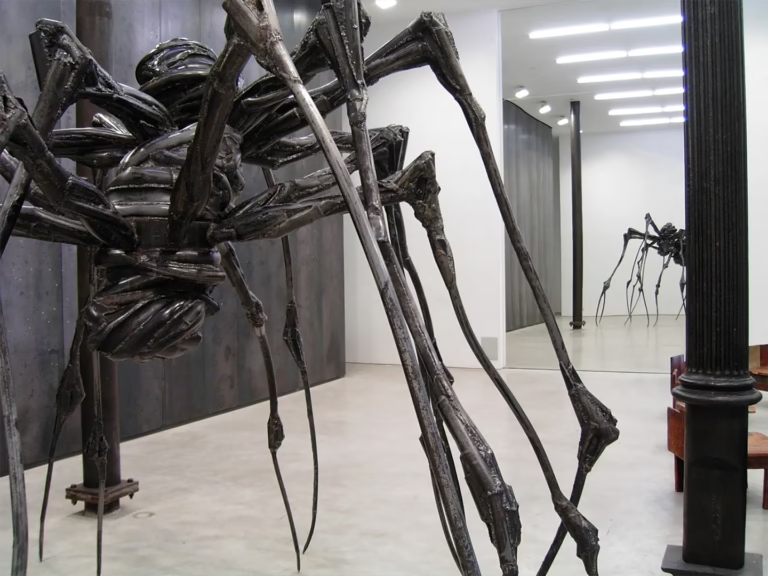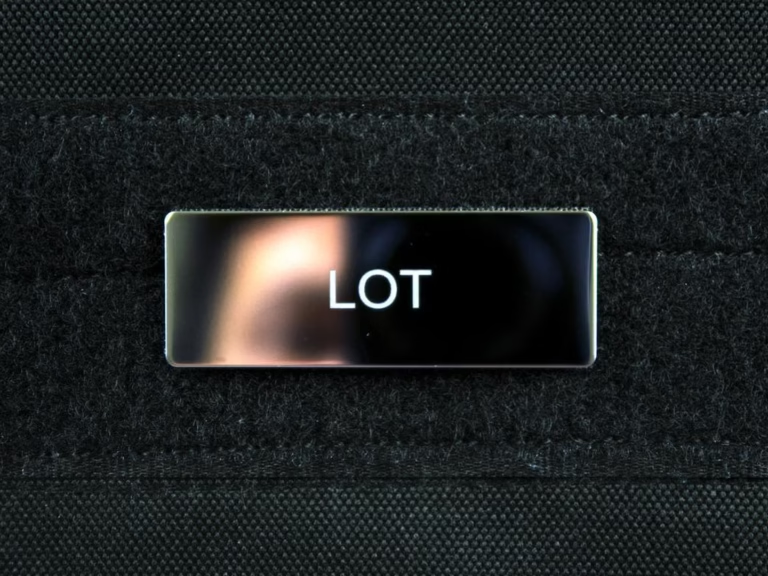Hiroshi Fujiwara has created a series of short-lived stores and concept-based retail projects that turned unexpected spaces into curated destinations. Some were fully built environments, others applied the same thematic approach to mobile or brand-led formats. Each carried a distinct concept, executed with precision and supported by collaborations across fashion, music, and design.
1. the POOL aoyama
Tokyo, 2014–2016
Located in the drained swimming pool of a 1970s Aoyama apartment building, the POOL aoyama preserved original tiles and concrete walls under a glass-covered basin. Architect Nobuo Araki designed the space to highlight the structure’s original form. The store offered pool-branded goods and limited releases from WTAPS, NEIGHBORHOOD, and UNDERCOVER, with rotating “Temporary at the POOL” installations, including a flower shop by AMKK. It closed in 2016.
2. THE PARK・ING GINZA
Tokyo, 2016–2017
Set in two basement levels of the Sony Building’s parking garage, THE PARK・ING GINZA kept raw concrete, painted bay lines, and drive-in access. The space combined sneakers, denim, and fragrance with a café and music shop. Limited collaborations and brand-specific corners maintained variety until its planned closure in 2017.
3. THE CONVENI
Tokyo, 2018–2020
Designed after a Japanese convenience store, THE CONVENI occupied a basement in Ginza Sony Park. Refrigerated cases displayed apparel and collectibles, while magazine racks stocked vintage print titles. Everyday items such as bottled water and snacks were rebranded under THE CONVENI label. Collaborations with WTAPS, NEIGHBORHOOD, and Medicom Toy were core draws. The concept also appeared overseas before closing in 2020.
4. POP BY JUN
Tokyo, 2019
POP BY JUN is a pop-up platform operated by JUN Co., launched inside Shibuya PARCO in 2019. For its first exhibition, the space was guest-directed by Hiroshi Fujiwara, who oversaw both the exterior and interior concept. The storefront was obscured by stacked “trash” bags and street signs, concealing a curated selection of fragment design collaborations. Highlights included projects with Anti Social Social Club, CLOT x Nike, Red Wing, and the Thunderbolt Project with Pokémon. The installation ran for two weeks before the space hosted new guest curators.
5. PEACE PIECE
China, 2022–present
PEACE PIECE is not a permanent retail space but a lifestyle brand launched with the same concept-driven approach as Fujiwara’s earlier stores. Introduced in 2022 through an immersive installation at Amanyangyun resort in Shanghai, it presented apparel, home goods, and collectibles in a curated residential setting. The debut included minimalist everyday items alongside playful panda-themed BE@RBRICKs, blending Japanese and Chinese cultural references. Rather than a fixed location, PEACE PIECE is designed to appear through temporary installations and pop-ups, carrying Fujiwara’s spatial storytelling into a more mobile, brand-led format.























